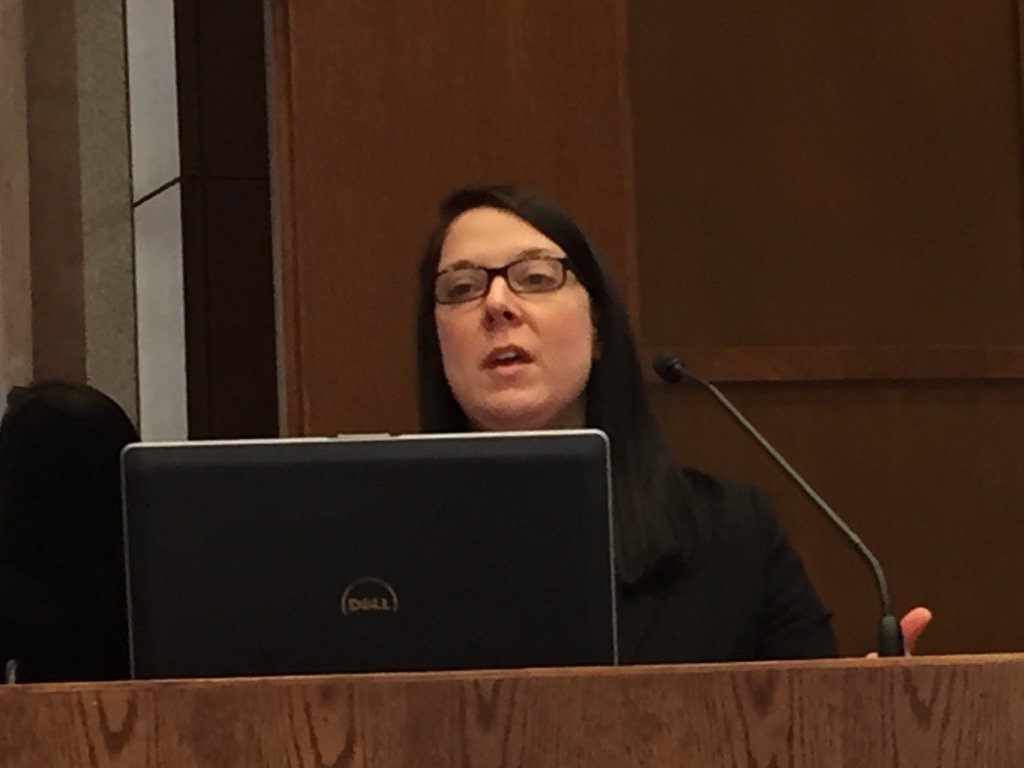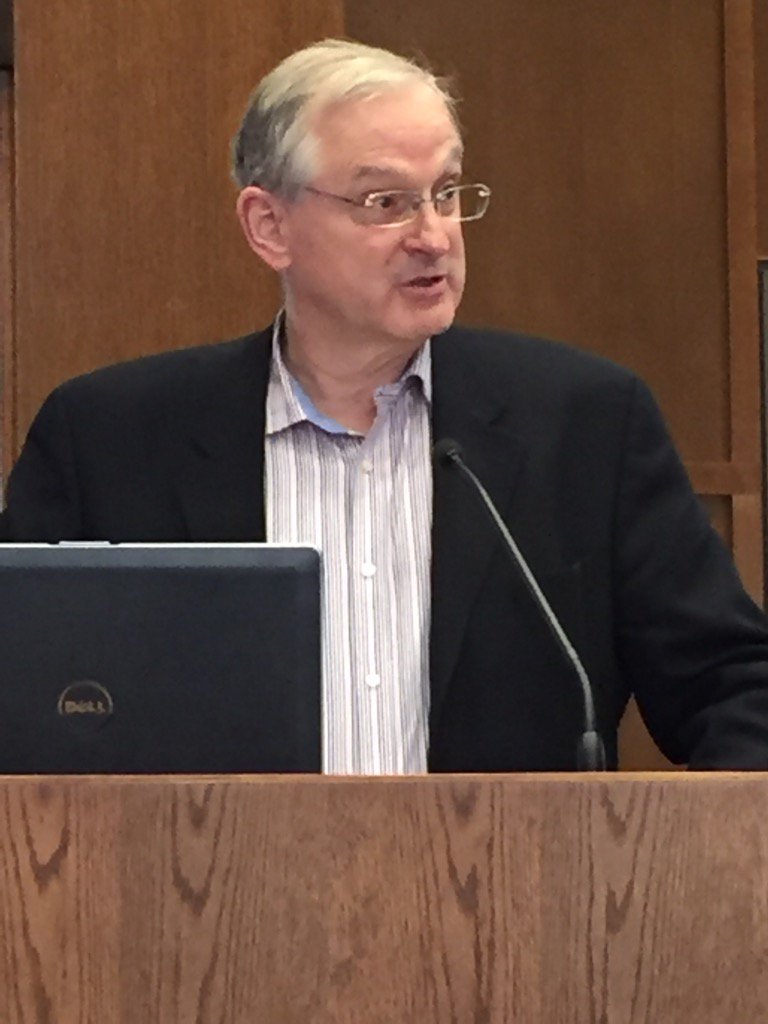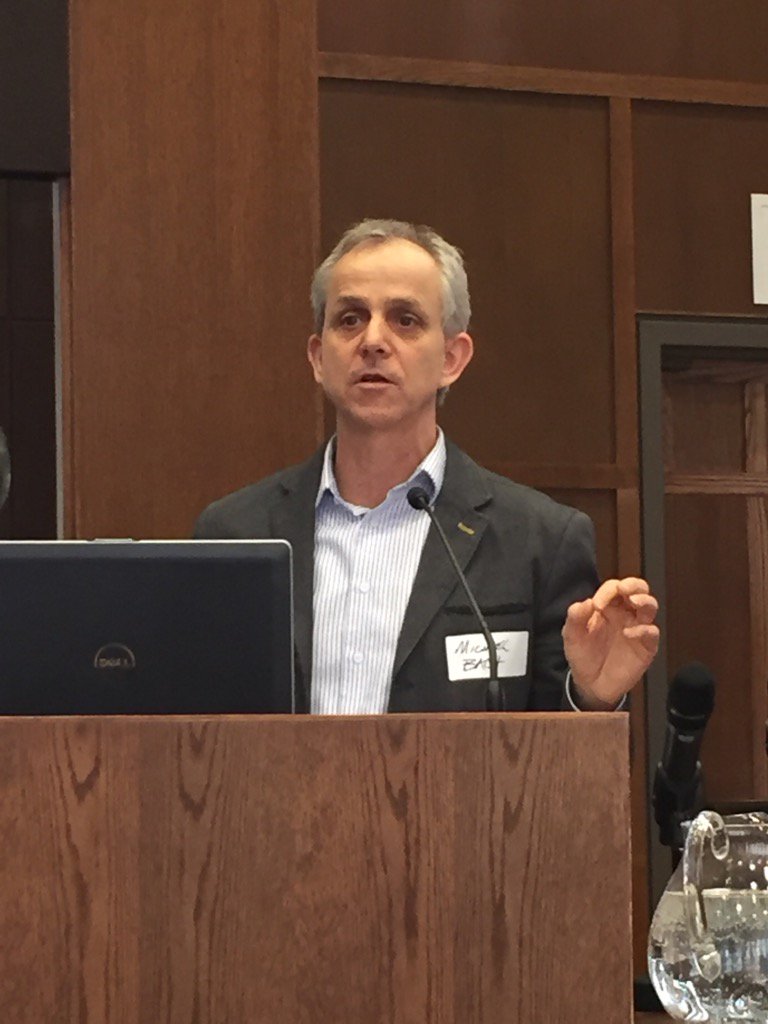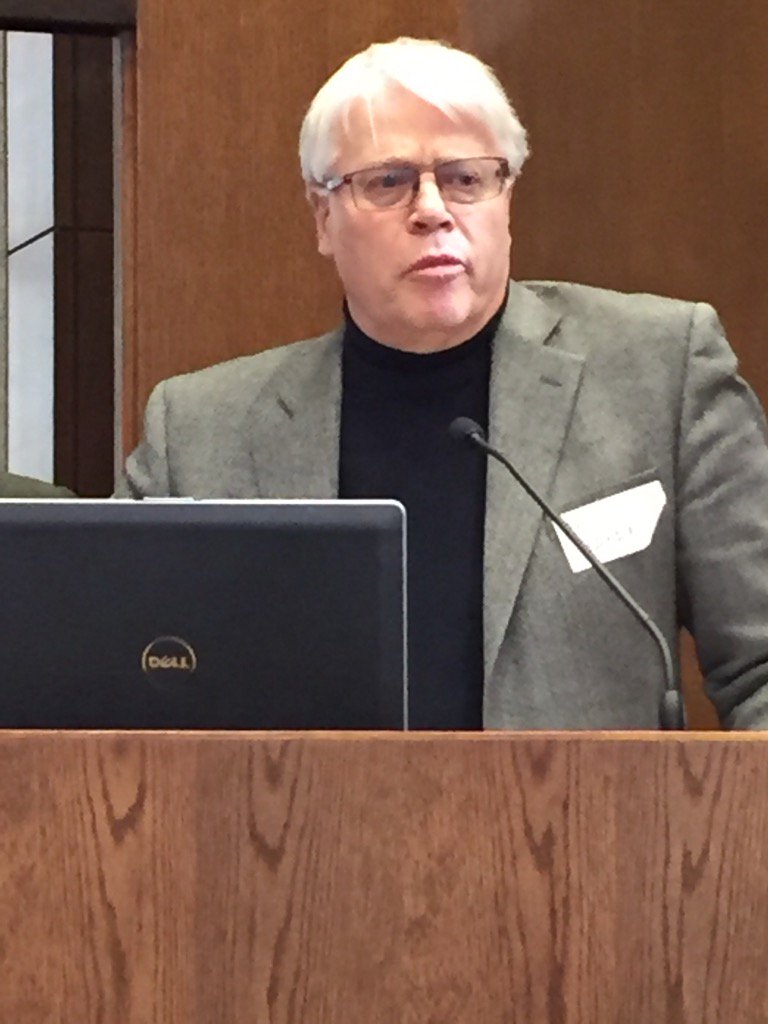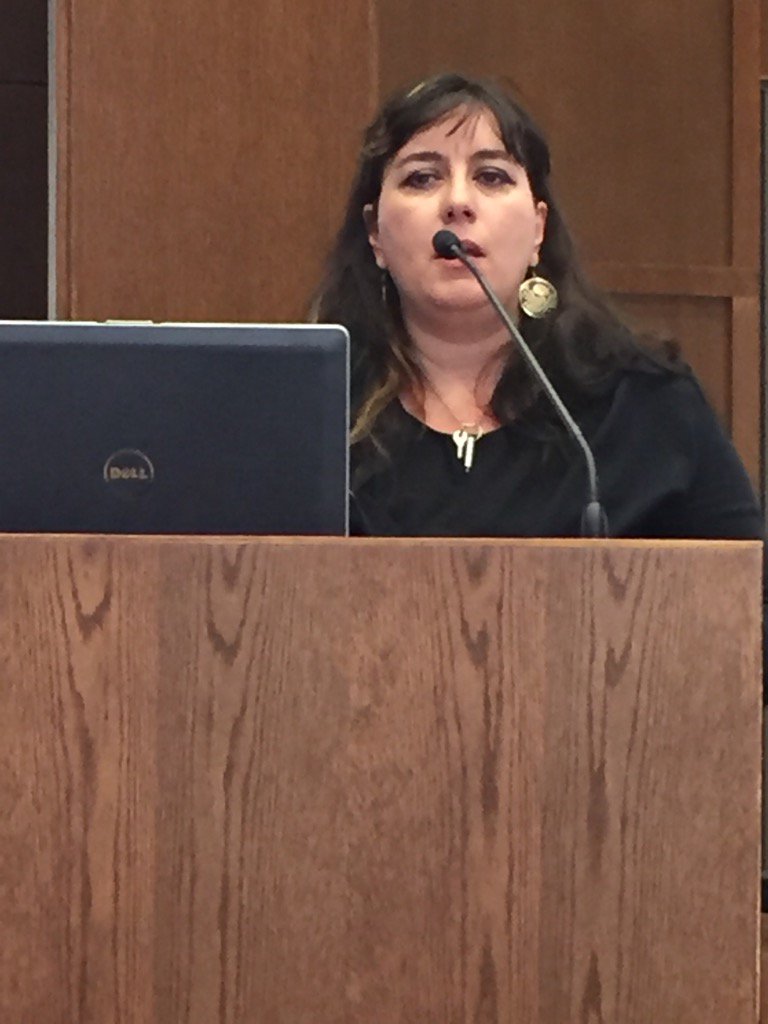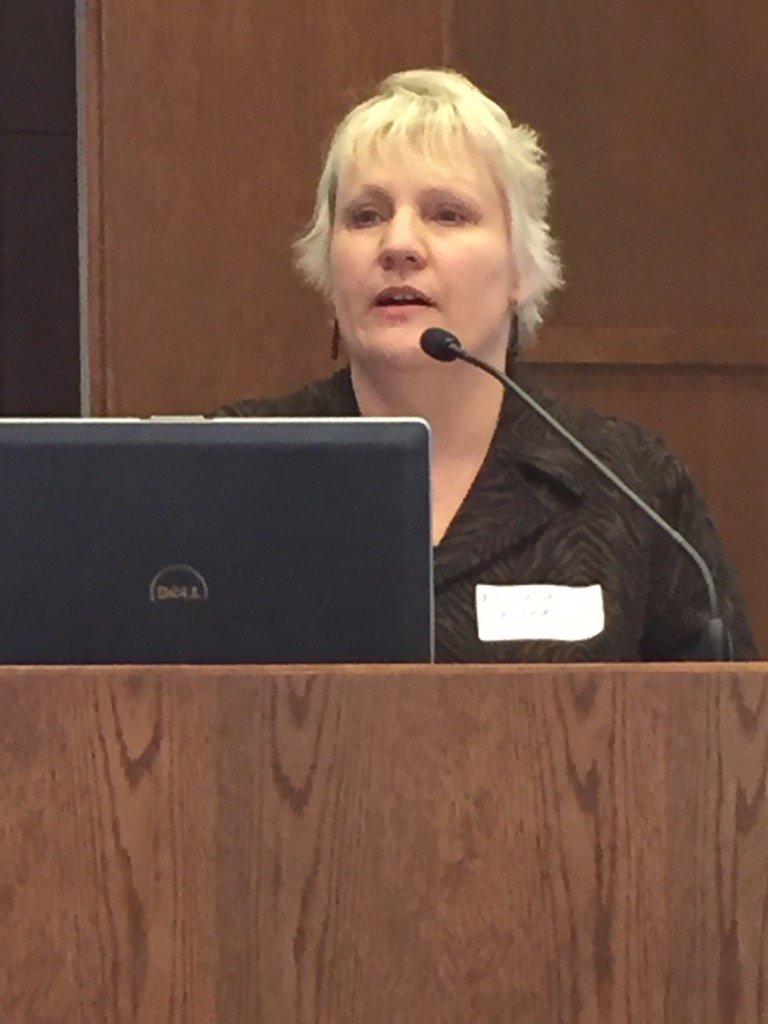
On Feb 20, the Global Institute Psychosocial, Palliative and End-of-Life Care, the Institute of Health Policy, Management and Evaluation, and the Faculty of Law, of the University of Toronto hosted the “Conversation on Physician Assisted Dying". The event is organized to stimulate discussion about some of the challenges in implementing Physician Assisted Dying (PAD) in Canada.
The featured speaker of the event, Dr. Scott Kim, a psychiatrist-bioethicist of the University of Michigan and the U.S. National Institutes of Health, presented his study on euthanasia in the context of mental health in the Netherlands recently published in JAMA Psychiatry. The lecture is followed by brief commentaries, connecting the presentation to the discussion around legalizing PAD in Canada. After the commentaries, the discussion is open to the audience, made up of people from the health professions and regulatory colleges, patient advocacy groups, the judiciary, bioethics, the legal profession, the Ontario Consent and Capacity board, the media, and academia.
This meeting was held according to the Chatum House Rule - the identities of the speakers are not revealed - in order to promote open discussion on this controversial issue. But the following are some of the meeting highlights. A more detailed reported will be made available in the near future.

To alleviate these concerns, some argued for minimal legislation, limiting assess to minors, as in the case in Quebec.
However, others argued for equal access to PAD on the grounds of the Canadian Charter of Rights and patients’ autonomy.
